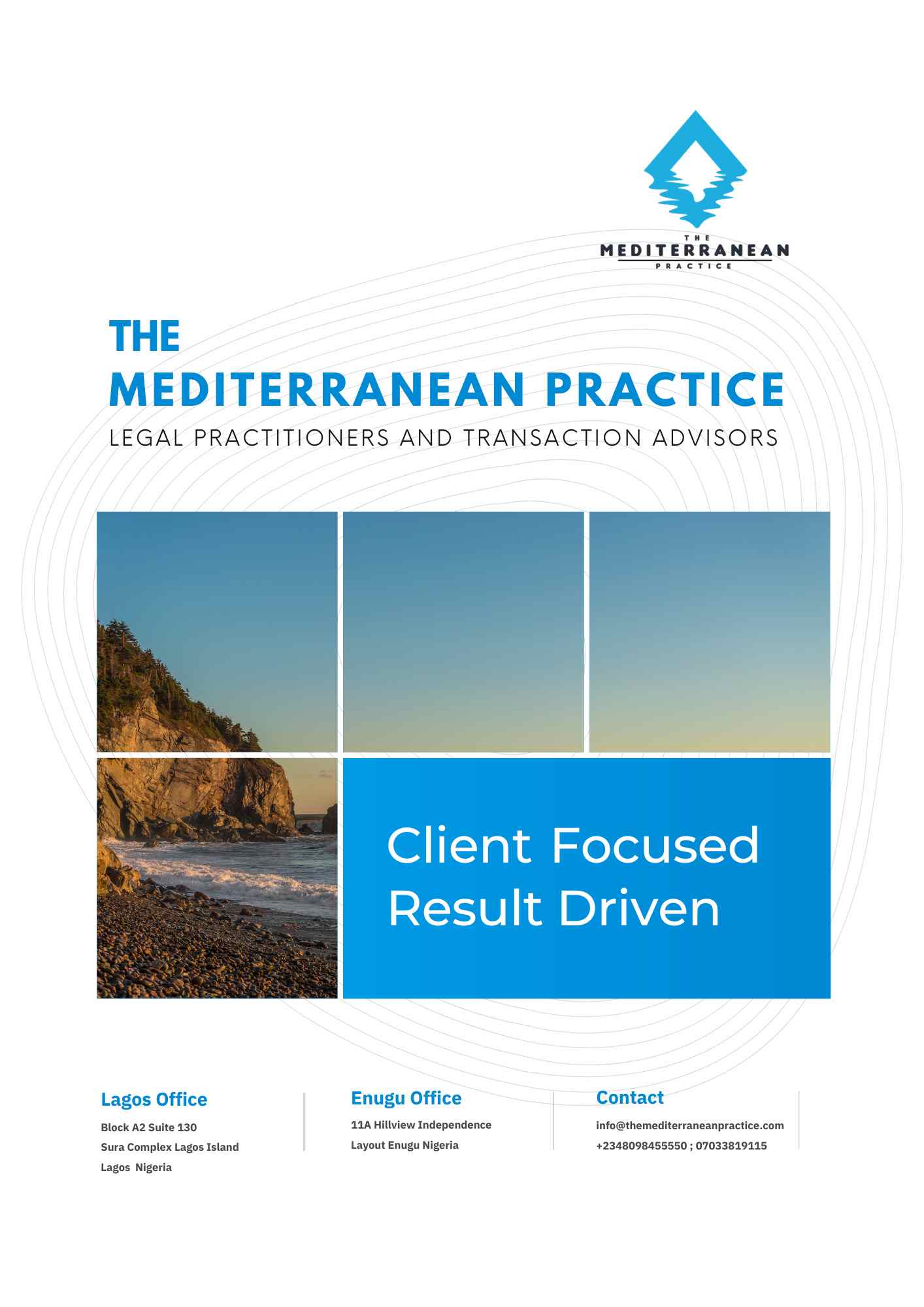INTRODUCTION
We closely observed the investigation into alleged financial improprieties by the Dr. Fayemi-led administration in Ekiti State. The subsequent release of a White Paper captured our attention, as it appeared to be a political saga unfolding from a prolonged drama. The Judicial Commission presented recommendations, and the Ekiti Government “acted” upon these, effectively barring the former governor and his Commissioner for Finance from holding public office for ten years. However, a crucial question arises: can the executive arm issue such pronouncements based on a White Paper rather than a court judgment?
THE WHITE PAPER
Similar to many of our legal processes, the concept of a White Paper is an innovation borrowed from the more established English governmental framework. It is unequivocally clear that governments utilise White Papers, or command papers, to convey information, recommendations, or decisions that an institution wishes to bring to the attention of various government branches for action.
Nigeria is familiar with this concept, employing White Papers to communicate decisions, recommendations, committee inquiry reports, or even to formalise government offices. For instance, the White Paper on the Commission of Inquiry into the Alienation of Federal Government Landed Properties led to the creation of the Presidential Implementation Committee (P.I.C.) under the Federal Ministry of Lands, Housing and Urban Development for the Alienation of Federal Government Landed Properties, notably without direct recourse to the legislature or specific legislation.
It is crucial to understand that White Papers lack legal weight and do not become law independently. Instead, they serve as a foundation upon which laws are drafted, deliberated, and ultimately passed. It is against this backdrop that the P.I.C. cannot initiate lawsuits in its own name. Litigants can only sue them through the Federal Government, as they are a product of a White Paper.
THE EKITI SITUATION
The White Paper issued on January 15, 2018, by the Ekiti State Government expressly prohibited Dr. Kayode Fayemi and Mr. Dipo Kolawole (referred to as “the Respondents”) from holding any validly elected office or political appointment within the State.
It is undeniable that the Respondents, as Nigerian citizens, possess the right to contest any office in Ekiti State, or relating to it, provided they satisfy the following criteria:
-
He is a Nigerian Citizen.
-
He has attained the age of 30 years.
-
He possesses a minimum of the Senior Secondary Certificate or its equivalent.
-
He is a member and is sponsored by a political party.
Conversely, the Constitution also outlines conditions for the disqualification of individuals from holding specific state offices. Notably, Section 182(1)(i) stipulates that a governorship candidate indicted for embezzlement or fraud by a Judicial Commission of Inquiry, an Administrative Panel, or a Tribunal established under a Tribunal of Inquiry Act or Law, as applicable, is ineligible to contest or hold office. The Ekiti White Paper implicated the Respondents in the mismanagement of state funds between 2010 and 2014.
While the White Paper did not explicitly use the terms ‘Embezzlement’ or ‘Fraud,’ it nonetheless penalised both Respondents with a ten-year prohibition from holding political office both within and outside the State.
Any State Government is constitutionally empowered to establish a Commission of Inquiry to investigate any perceived anomaly. Section 2(1) of the Commission of Inquiry Law Cap C10 of Ekiti State further grants the Ekiti State Government this authority. However, it remains unclear whether the State definitively found the Respondents culpable for embezzlement or fraud concerning the state funds in question.
Nevertheless, the authority to impose penalties for alleged criminal activities and determine the nature of such sentences does not reside with the executive arm through a White Paper. Instead, this power is constitutionally vested in the Judiciary of that State. We therefore conclude that the penalty and its nature infringe upon the Constitution, particularly regarding the doctrine of separation of powers.
OUR SUBMISSION
As previously stated, a White Paper carries no legal weight. They serve as instruments for communicating government information and policies to the legislature and the public. It is pertinent to note that the same White Paper rejected the Commission’s recommendation concerning the mismanaged NGN2.75 billion allocated for a project. However, the White Paper instructed the Ministry of Justice to recover funds from the Respondents, thereby rendering any action a civil matter, at best. This directive also shifts the issue from a realm of criminal indictment for embezzlement or fraud to a conflicted debt recovery matter.
This action by the Ekiti State Government may have encroached upon the Judiciary’s role in penalising the Respondents, thus creating a dilemma regarding the Judiciary’s proper function in such a process. The Court remains the ultimate arbiter to determine the legality of the White Paper in barring the Respondents and to rule on whether they can be disqualified under Section 182(1)(i) of the Constitution, in light of the Ekiti State Government’s reasoning.
We submit that Section 182(1)(i) of the Constitution should be expunged or amended to provide a clear path to a much more independent Judiciary, free from political undertones and melodrama.
Download the newsletter here

